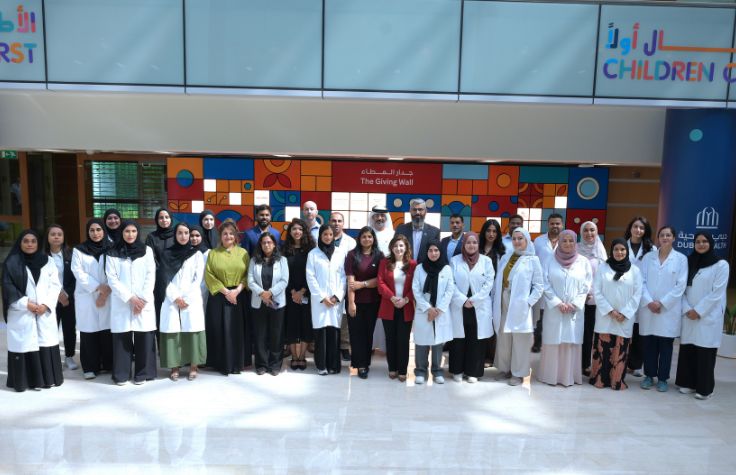
26 November 2024
Advanced cancer patients undergoing comprehensive genomic profiling (CGP) have the opportunity to glean even more information beyond the specific genes that might match them to a clinical trial or targeted therapy. CGP, a next-generation sequencing approach that analyzes hundreds of cancer biomarkers, can identify not just somatic mutations but germline variants associated with hereditary cancer risk.
In a study at Allegheny Health Network (AHN) in Pennsylvania, researchers explored the referral patterns from in-house CGP results to its Cancer Genetics division, and the impact of such a pipeline. For the study, 473 advanced cancer patients received CGP of their tumor specimens. The AHN Molecular Diagnostics Laboratory sequenced and analyzed the samples using its 523-gene AHN Pan Cancer panel to look for actionable therapeutic targets.
Following the Cancer Genetics team’s manual review of each CGP report, 66 individuals were found to have variants that were potentially germline. This kind of information is useful not just to the patient but also to their family members. For example, if a patient being treated for melanoma has a BRCA mutation identified in their CGP report, and follow-up testing confirms that it is in fact germline, they would be informed about their increased risk for breast, ovarian, pancreatic, and other cancers. This finding would also enable their family members to be tested to determine whether they carry the familial mutation and have increased risk for cancer. “Because of my background as a genetic counselor, I was excited to look at this data,” says Emily Dalton, associate director of Oncology Medical Affairs at Illumina. “The information provided by hereditary cancer testing is so consequential to a patient’s cancer risk, screening, and prevention, and we should take advantage of every opportunity to increase awareness of it.”
Dalton, a coauthor of the study, recently presented the poster “Potential Germline Variants from In-House Comprehensive Genomic Profiling at a Community-Based Integrated Cancer Healthcare Network: Incidence and exploration of referral patterns” at the Association for Molecular Pathology (AMP) 2024 annual meeting and expo in Vancouver, British Columbia.
One-third of the AHN patients with germline notes in their report were referred to Cancer Genetics, although not all of them elected to have a confirmatory test. The study, while not large, found five people who ultimately tested positive for a germline pathogenic or likely pathogenic variant and were able to take action. “That’s huge for those patients,” Dalton says.
Our findings reveal a need for standardized reporting of germline variants detected during somatic tumor testing.
While CGP is intended to be used as a somatic test, it can uncover germline variants that could carry significance for an individual. But not only do bioinformatics and reporting software vary in what they might catch or flag, workflows and protocols differ between medical systems. Currently, there is no consistent, uniform process for flagging germline variants and delivering or following up on that information. The potential germline flag on a CGP report offers another avenue for patients to uncover vital hereditary risk information, but only if there is appropriate follow-up, referral, and testing.
“Our findings reveal a need for standardized reporting of germline variants detected during somatic tumor testing,” says co-author and AHN’s Chief Genomics Technology Officer William LaFramboise. “I believe that the somatic CGP testing we are performing routinely captures germline variants with disease implications and could provide a systematic pipeline to confirm or rule out underlying germline disease variants. That could directly improve patient care.”
This year, the American Society of Clinical Oncology published general recommendations for germline testing of cancer patients, although they are not definitive or prescriptive.
Proponents see a benefit in helping cancer patients avoid developing another cancer, and potentially help their families avoid the risk as well. ◆
The study was conducted by authors Kyla Morphy, Emily Bober, Megan Blauvelt, Avani Ahuja, Patti Petrosko, Emily Dalton, John Nakayama, David Bartlett, and William LaFramboise.


